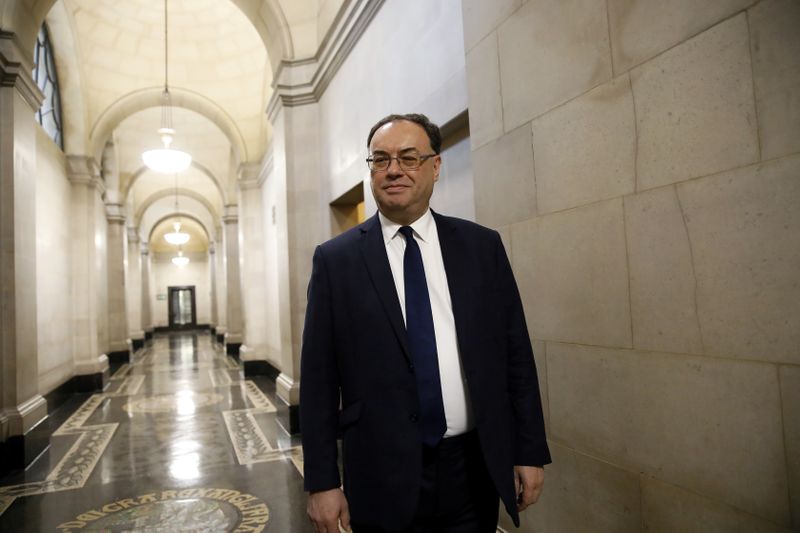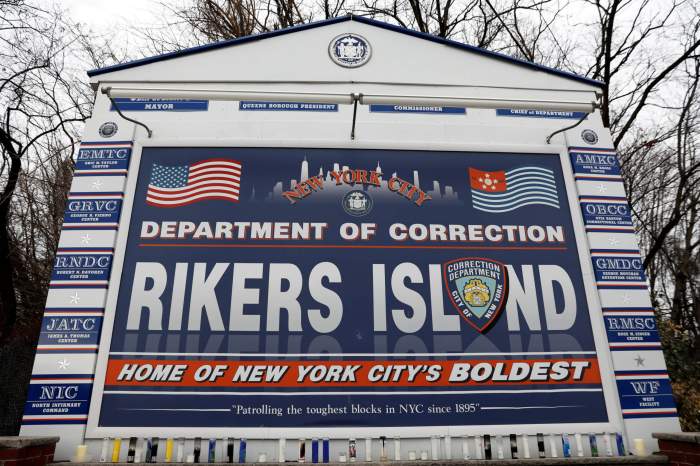LONDON (Reuters) – Britain’s government would have struggled to raise money in March if the Bank of England had not intervened with 200 billion pounds ($248 billion) of asset purchases to calm bond markets, Governor Andrew Bailey said on Monday.
Asked by broadcaster Sky News what would have happened had the Bank not intervened, Bailey said: “I think the prospects would have been very bad. It would have been very serious.”
“I think we would have a situation where in the worst element, the government would have struggled to fund itself in the short run,” Bailey added.
Financial market volatility rose sharply across advanced economies in early March, but this is the first time Bailey has spoken openly about the consequences for the government if the BoE had not restarted its bond purchase programme and taken other steps to improve liquidity.
In March, investors who were normally willing to buy assets such as gilts and U.S. Treasuries instead wanted to swap them for money held with central banks, as typically very liquid bonds became hard to sell at short notice.
“We basically had a pretty near meltdown of some of the core financial markets,” Bailey said.
If the government failed to raise all the finance it wanted at a gilt auction – something which last happened in 2009 – then borrowing costs risked jumping sharply, Bailey said.
This in turn would push up borrowing costs sharply and push inflation further below its 2% target, the opposite of the BoE’s mandate, he added.
“At no point have we thought that our job was just to finance whatever debts the government issue,” he said.
(Reporting by David Milliken and Andy Bruce, Editing by Paul Sandle and Sarah Young)























